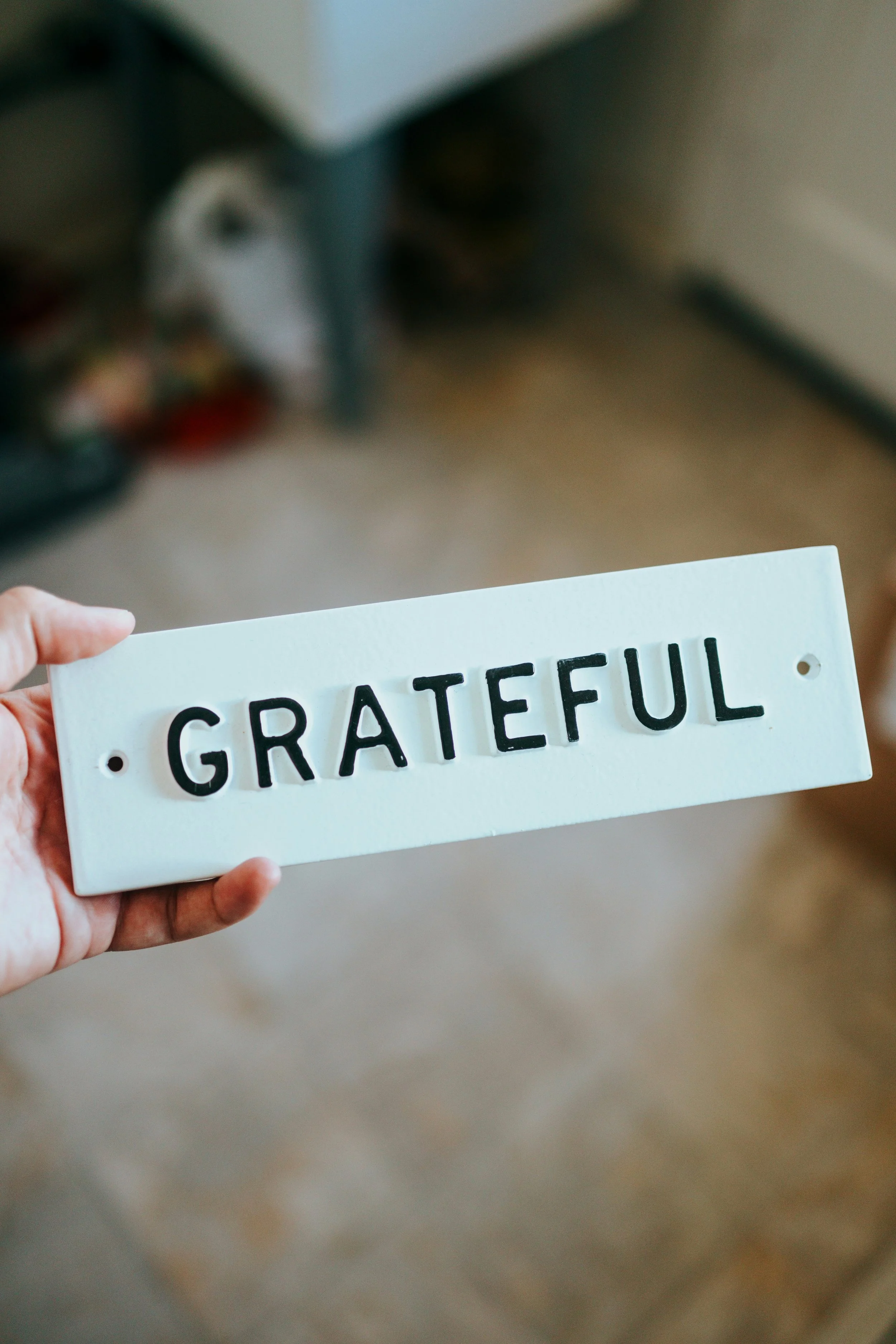Attention, the Beginning of Devotion
Photo by Nathan Dumlao on Unsplash
The greatest gift of any MFA program, for students and faculty alike, lies in the deep connections fostered there. I count my years of teaching at Vermont College of Fine Arts as among the most rewarding of my life. I love teaching, and I loved simply falling into a community of other writers, a gift I’d never dreamed possible. We writers work in such profound isolation, day after day and year after year, that finding ourselves in the company of others immersed in the same odd activity is life changing.
When I was invited to join the faculty of the first MFA in Writing for Children and Young Adults ever conceived, I found friends among faculty and students alike. Jane Buchanan and Debby Dahl Edwardson are two of those. They were both students at VCFA. Jane lives in Massachusetts; Debby, in Alaska, north of the Artic Circle, and I’m in Minnesota, so the three of us are spread widely across the country. Debby and Jane graduated long ago, and I’m now retired from the faculty, but thanks to the gift of technology, we touch into one another’s lives almost daily.
Debby and Jane and I email on a nearly daily basis, a conversation that is rich and nurturing. And during this conversation, Jane recently broached a question for us both. She’s given me permission to respond in this more public way.
Here is her question:
I’ve been thinking these last couple of days about gratitude. I’d like to hear more about what that means to you both, particularly as relates to life/being alive. I don’t think it’s anything I’ve ever felt in that broad sense. Yes, there things I’ve been grateful for, things I’ve been grateful not to have had to endure in my life thus far, people (you two) I am grateful to have in my life. But gratitude for life itself is not a concept I can get my brain around. There are things that bring me profound joy—much involving the natural world. Experiences I have loved—motherhood, those moments in writing when everything comes together, the exquisite sentence—either writing it or reading it, but I think that’s not the same. I will not, like Andrea Gibson, cry out on my death bed, “God, I loved my life!” And I wonder why. I certainly have had more to love than many. Suffered far less.
I grew up in a household where gratitude was never mentioned, beyond the occasional “Thank God I never had to….” Or “Thank God that didn’t happen to me,” or my mother’s favorite, “Thank God I’ll be dead before xxx happens."
I would like to try to focus on gratitude for the riches, the good fortune, rather than the fears, the worries, the things I don’t have/won’t have.
I’ve been carrying Jane’s words for days, resonating with her longing for a different, more satisfying and more positive way to live. To truly live in gratitude would be transformative, and it’s a transformation I suspect few of us ever achieve fully. Mostly we humans live in fear of impending disaster. Or as Jane has described, in relief when it doesn’t strike.
I’ve heard it said, again and again, that our brains are programmed for disaster, set to warn us of the saber-toothed tiger waiting to pounce. If they were not, we wouldn’t be here because our ancestors wouldn’t have survived. And perhaps if we recognize that fact, we can avoid beating ourselves up over our intrinsic natures. It takes a great deal of intentionality, a very conscious resetting of our minds, to turn off fear and focus instead on the good that’s here.
A while back I suggested a daily practice to another pair of friends, the Lovely/Lucky Old Ladies I wrote about earlier. It was one I’d learned from Tara Brach, a Buddhist teacher. Tara proposed that each day we do three things: perform one act of kindness, pause for a moment of awe, and take note of three causes for gratitude.
I find the act of kindness easy. I live with someone I love, and being kind—the ground of any relationship—is like breathing. The awe … I haven’t yet learned to live awe in a consistent, intentional way, but I’m working on that one. We three friends, though, for a long time now, share three gratitudes by email every evening, a practice that has come to be both habit and necessity.
Sometimes looking back over my day—What was it like? What did I do? What matters?—can feel mechanical. The writing of those moments I should be grateful for—another should in my life!—one more obligation. But most evenings, I settle before a blank screen, breathe in my day, and truly feel grateful. Even more important, knowing I’m going to report to my friends sets me to noticing causes for gratitude as I’m living them.
What have I learned from this practice? That attention and gratitude are pretty much the same thing. That I can’t be grateful for what I don’t notice, don’t experience deeply enough to feel. That if I truly pay attention to just about anything—the redbud tree spreading its heart-shaped leaves outside my study window; my dog careening around the room, celebrating my every return; the moonlight silvering my bed—I am filled with gratitude.
As the poet Mary Oliver said, “Attention is the beginning of devotion.”
There is more to say about gratitude, of course. Much more. I’ll return to the topic next week with a contribution from Debby, I hope. Perhaps Jane will have more to say, too.
And if any of you out there want to add your own thoughts … I’d be grateful!
